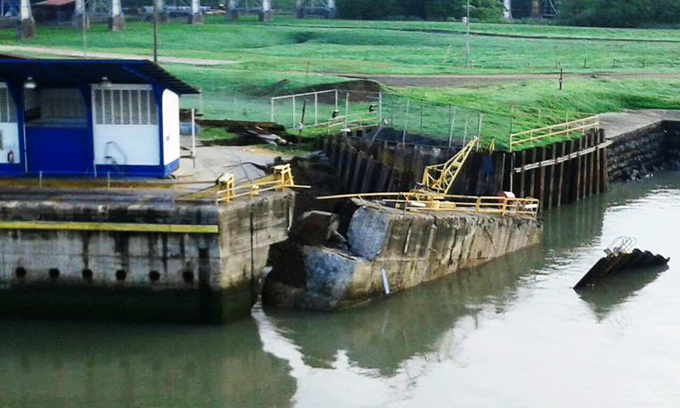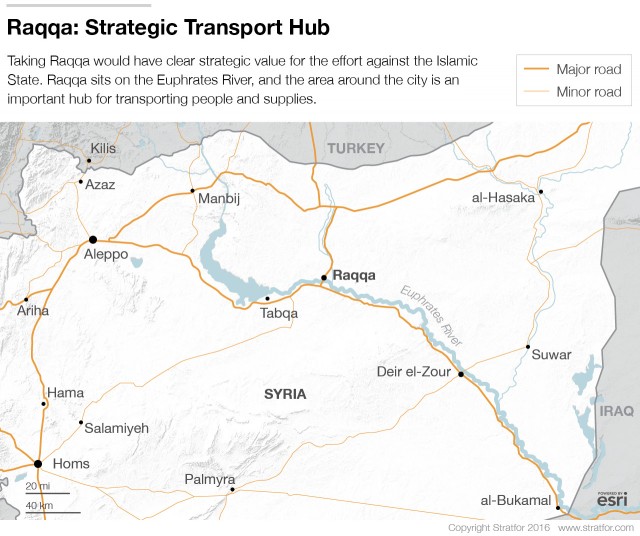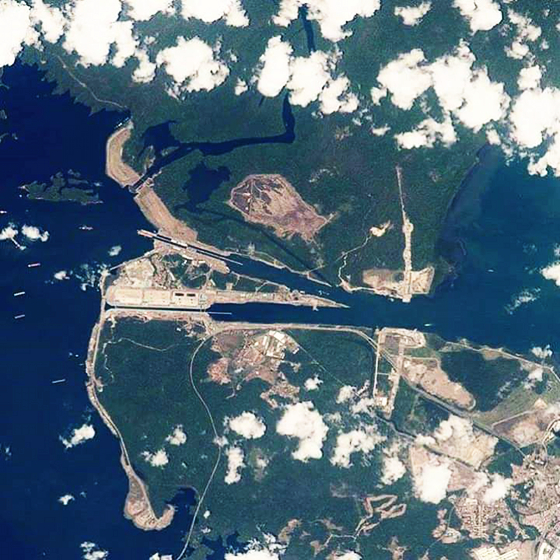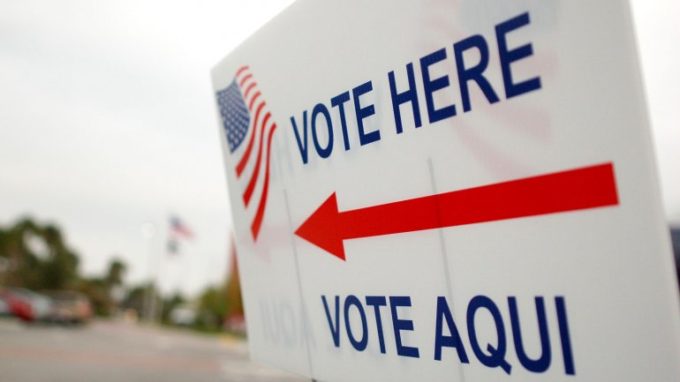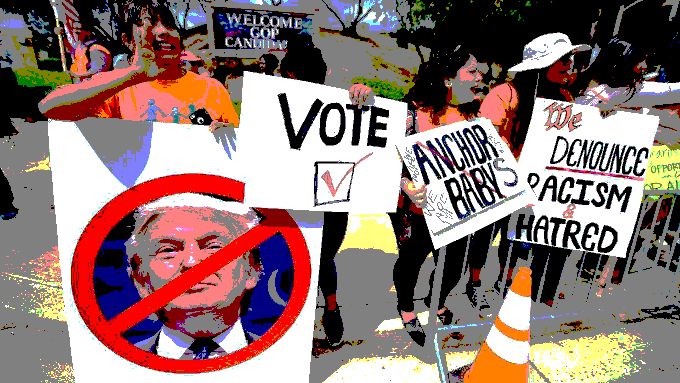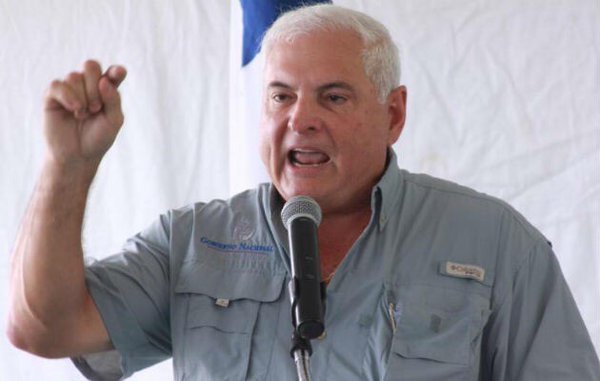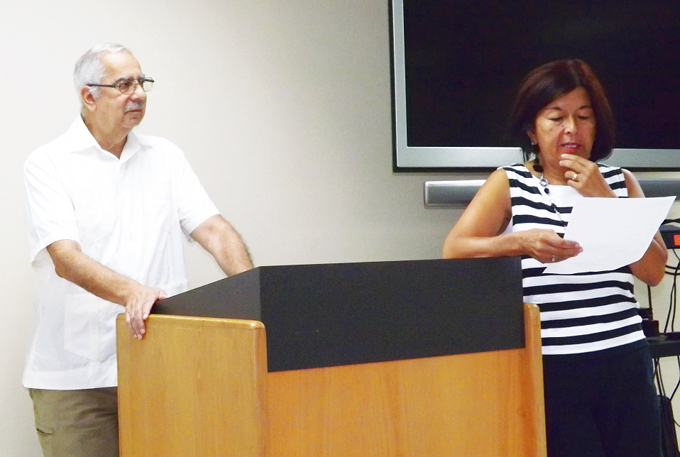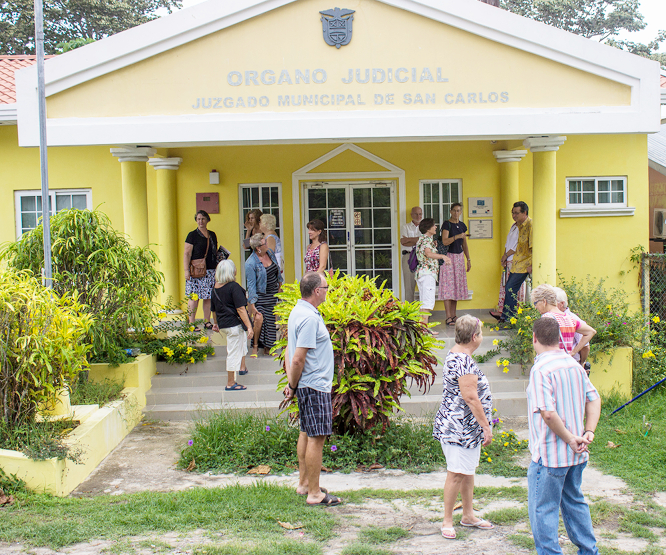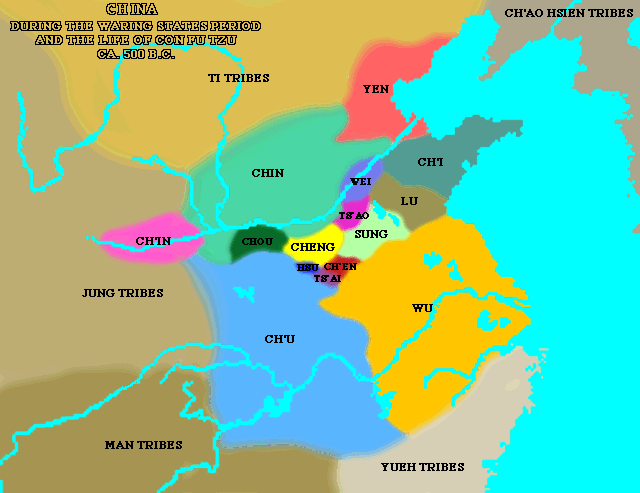
Tsai Ing-wen is coming to town
Taiwan’s new president, Tsai Ing-wen, is coming to Panama for the inauguration of the new Panama Canal locks. Will it set off negative reactions from the People’s Republic of China, with which Panama has no formal diplomatic relations but has strong economic ties? That would be unfortunate, but not a surprise.
Tsai’s Democratic Progressive Party does not recognize that Taiwan is a part of China. The Communist Party leaders in Beijing are not amused. Most of the world recognizes China and not Taiwan, because that’s Beijing’s price of recognition and the People’s Republic of China is a great power in every sense, while Taiwan is a much smaller, if on the whole more prosperous, island nation.
Panama should not gratuitously annoy China, as it did when Ricardo Martinelli endorsed Japan’s claims to some rocks in the East China Sea that have been the subject of a Sino-Japanese dispute for centuries. As a maritime nation dedicated to maintaining a universally recognized law of the sea, Panama may well have a reason to take a position on China’s construction and militarization of artificial islands in a disputed area of the South China Sea, but we have no reason to fall in behind the provocative US naval challenge to that.
Panama has a substantial Chinese ethnic minority, which has ties to the mainland, Taiwan and the various overseas Chinese communities. If most Chinese-Panamanians have stronger ties to the mainland, it’s also true that Taiwan has long been one of Panama’s closest friends. It’s a basic matter of honor — you don’t ditch an old and loyal friend just to latch onto someone richer and more powerful.
And what about the geopolitics of this issue? Is it reasonable to say, as the leaders in Beijing say, that China — including the People’s Republic, Taiwan, places with special status like Hong Kong and Macao and the Overseas Chinese communities — is one civilization? Reasonable enough, although we should understand how this attitude has been turned around to stoke anti-Chinese racism in various places at various times.
In reality, the Chinese civilization has usually been split into more than one country. Theoretically the sage Lao Tzu and the younger Confucius both lived in a China with an emperor of the Eastern Chou dynasty. But that dynasty’s emperors were figureheads and as a practical matter Lao Tzu was said to be the royal librarian of the small state of Chou while Confucius was born and died in the kingdom of Lu. That Warring States Period may have been one of China’s more fragmented times but a Chinese civilization with two countries that each claim to be sovereign is historically rather ordinary.
Panama should welcome President Tsai, hope for closer relations with China and advocate peaceful relations within the Chinese civilization, however its component parts decide to configure it at any given time.
Bear in mind…
~ ~ ~
These announcements are interactive. Click on them for more information.




